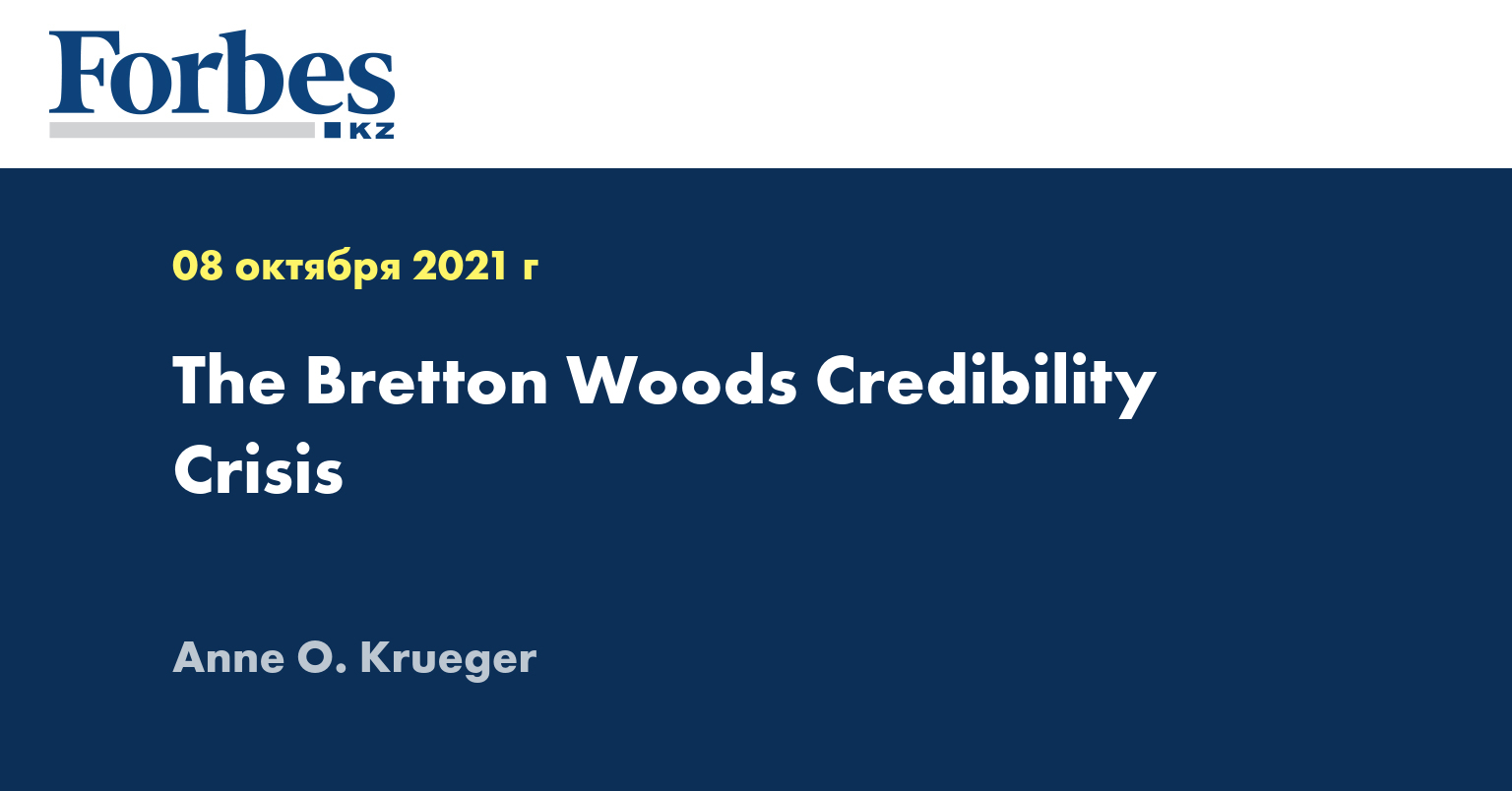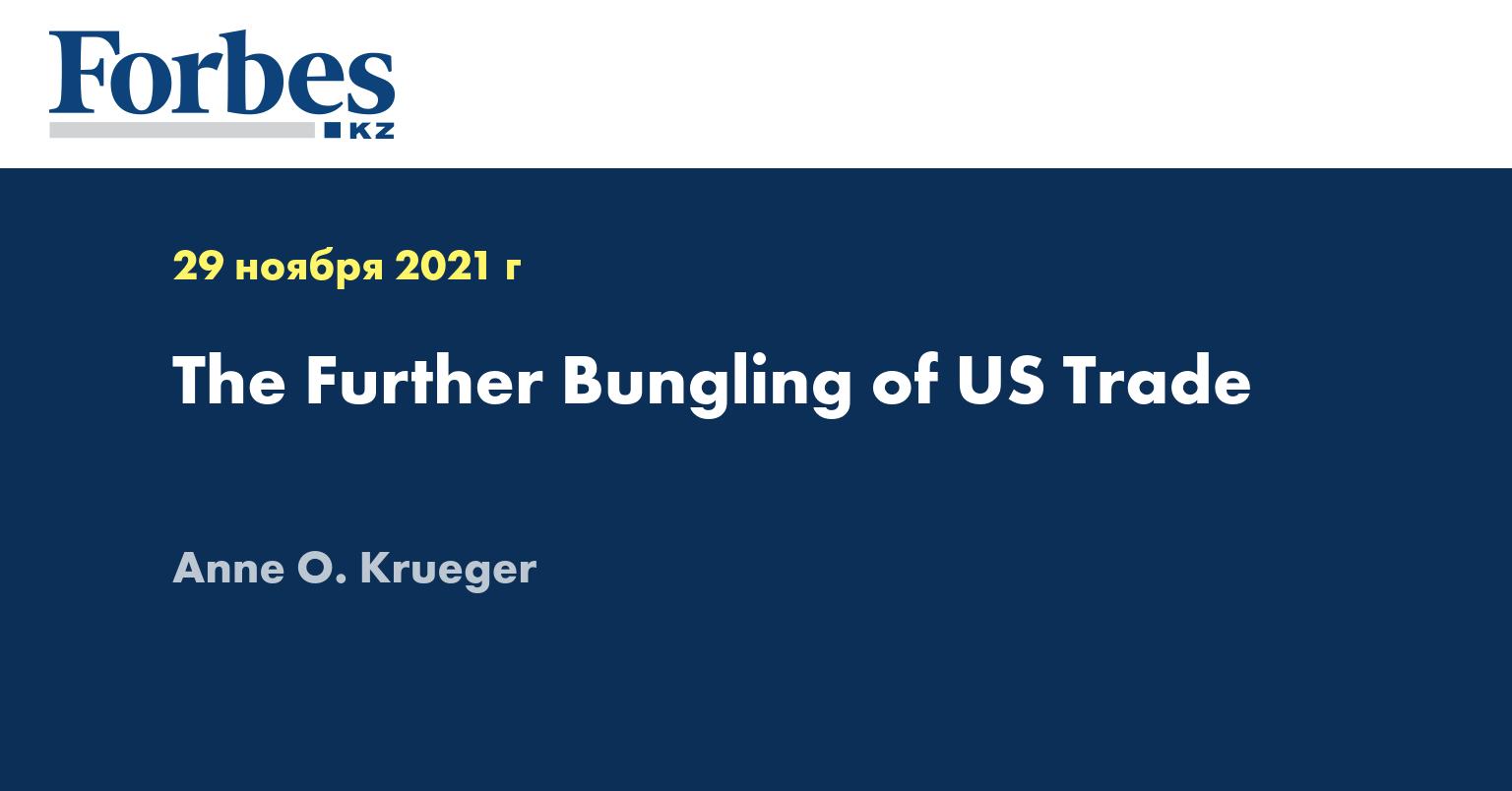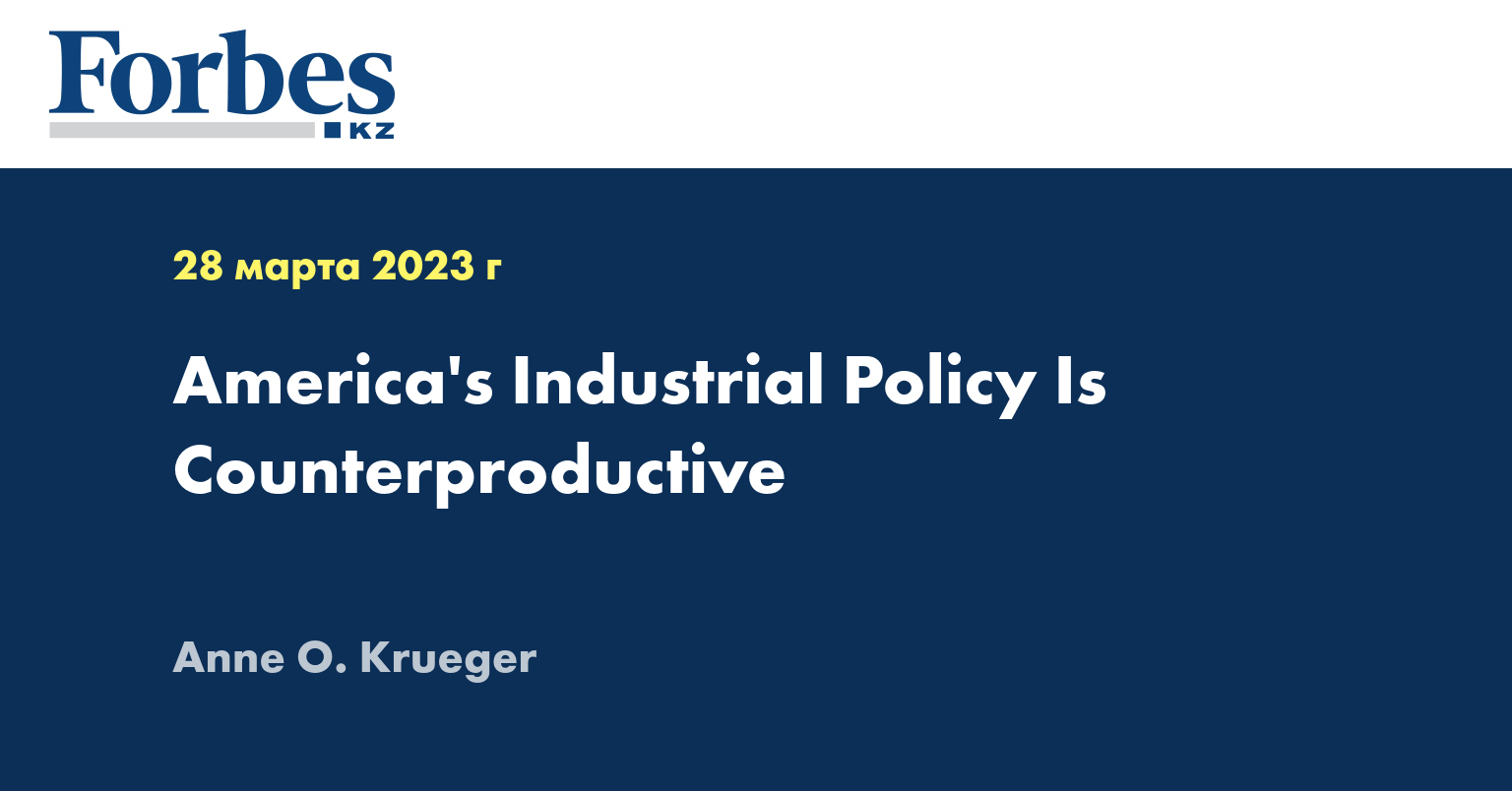WASHINGTON, DC – The private sector performs well when firms can compete on a level playing field. But if the state is willing to influence market outcomes for individual firms, politically connected parties can gain an advantage over their more efficient competitors
25 ноября 2019
5 мин.
5681
WASHINGTON, DC – Webster’s Dictionary defines “emergency” as “a sudden, urgent, usually unexpected occurrence requiring immediate action.” By that standard, US President Donald Trump’s claim that the United States faces an immigration emergency is simply not credible. Immigrants have been coming to the US since its inception, and since 2007 their net numbers have actually been falling. Because this issue is so often framed in a misleading way, it is important to get the facts straight
25 октября 2019
5 мин.
11272
WASHINGTON, DC – Imagine a man who has lived too extravagantly and eventually must go to the doctor for treatment of an acute disease, along with several other chronic conditions. The doctor prescribes a ten-day course of antibiotics, and advises his patient to start taking better care of himself. After three days of taking the pills and following the doctor’s orders, the man feels much better. But he finds the quiet life painful, so he forgets the medicine and his doctor’s advice and doubles down on debauchery
23 сентября 2019
5 мин.
12663
WASHINGTON, DC – Decision-making based on evidence rather than superstition was a driving force behind the Industrial Revolution, and the collection of statistics has, accordingly, become a hallmark of the modern age. In the twenty-first century, businesses and governments alike are finding that data are more valuable than ever
21 августа 2019
4 мин.
11623
BALTIMORE – Puerto Rico is once again in crisis, both politically and economically. A United States territory with more than three million people, it has a larger population than many US states. But its population and real (inflation-adjusted) output have been falling since 2006. More than half of native-born Puerto Ricans alive today have left the island, most of them for the US mainland. The territory’s per capita income is around half that of the poorest US state, Mississippi
31 июля 2019
5 мин.
8825
WASHINGTON, DC – Late last month, US President Donald Trump threatened to impose tariffs on imports from Mexico in ten days if it did not halt the flow of migrants from Central America. The tariffs would start at 5% and then increase by five percentage points monthly until reaching 25% in October. The announcement came as a shock, especially given that the United States and Mexico (plus Canada) had reached an agreement on a revised North American Free Trade Agreement just months earlier, at Trump’s insistence. Ratification of the new trade deal, the US-Mexico-Canada Agreement (USMCA), is now in jeopardy
17 июня 2019
5 мин.
10104
WASHINGTON, DC – Not content with its trade war against China, US President Donald Trump’s administration has also opened bilateral trade negotiations with Japan. Yet whatever Trump hopes to achieve with Japan, it will be far less than what he threw away when he abandoned the Trans-Pacific Partnership (TPP) in early 2017
21 мая 2019
5 мин.
10043
WASHINGTON, DC – When you try something for 99 years and the situation keeps getting worse, it is time to try something else. The United States Congress passed the Merchant Marine Act of 1920 (also known as the Jones Act) in order to protect America’s shipping industry and strengthen national security. But the law has almost destroyed the industry, and imposed huge costs on America’s businesses, consumers, and the environment. It needs to be sunk
25 апреля 2019
5 мин.
10588
Despite setbacks like the Great Recession and the pandemic, the world economy has had a massively successful run since World War II
08 октября 2021
5 мин.
77280
Inflation has become a hot-button political issue worldwide. In the United States, the consumer price index increased at an annual rate of 8.6% in May, and EU inflation is not far behind. The root cause of the problem is that too much money is chasing too few goods
03 июля 2022
5 мин.
65412
Among former US President Donald Trump’s many policy mistakes, some of the worst were in the area of trade
29 ноября 2021
5 мин.
62569
A tragedy is unfolding in Sri Lanka. Citizens must queue for food and pharmaceuticals, vehicle owners cannot fill their tanks, and there have been rolling power outages
07 августа 2022
5 мин.
60346
US competitiveness in chipmaking might deteriorate further because of the legislation
28 марта 2023
4 мин.
54066
The world is embroiled in a megacrisis comprising the COVID-19 pandemic, Russia’s war in Ukraine, high inflation, recession fears, and rising debt distress across emerging markets and developing countries
01 января 2023
5 мин.
53612
International capital flows have long been a major source of economic growth
29 января 2023
5 мин.
51548
The great statesmanship and leadership that the United States showed during and after World War II is well known
01 марта 2023
5 мин.
43198
Until 2017, America’s trade policies were reasonably well aligned with its strategic objectives
23 июля 2023
5 мин.
40369
To the dismay of many economists, US President Joe Biden’s administration has retained most of its predecessor’s tariffs and trade barriers
20 августа 2023
4 мин.
40182
WASHINGTON, DC – The future of the world economy is becoming clearer. At the outset of the pandemic, there were lively disagreements over whether the lockdown and other measures were warranted, or whether the economic costs were too high. Now, it is increasingly evident that economic activity will resume fully only after lockdown restrictions have been given time to work. Otherwise, COVID-19 will continue to spread, making a sustained and rapid economic recovery all but impossible until the arrival of effective, widely available vaccines
24 июля 2020
5 мин.
8920
WASHINGTON, DC – Not content with its trade war against China, US President Donald Trump’s administration has also opened bilateral trade negotiations with Japan. Yet whatever Trump hopes to achieve with Japan, it will be far less than what he threw away when he abandoned the Trans-Pacific Partnership (TPP) in early 2017
21 мая 2019
5 мин.
10043
Turkish President Recep Tayyip Erdoğan’s victory lap following his re-election last month will be short, because his country is on the verge of economic meltdown
30 июня 2023
5 мин.
22808
To the dismay of many economists, US President Joe Biden’s administration has retained most of its predecessor’s tariffs and trade barriers
20 августа 2023
4 мин.
40182
The contradiction between US President Joe Biden’s major domestic and foreign-policy objectives and his administration’s trade policies has grown increasingly sharp
01 октября 2022
5 мин.
16363
Puerto Rico is part of the United States, but it is not a state
30 октября 2022
5 мин.
36142
Inflation has become a hot-button political issue worldwide. In the United States, the consumer price index increased at an annual rate of 8.6% in May, and EU inflation is not far behind. The root cause of the problem is that too much money is chasing too few goods
03 июля 2022
5 мин.
65412
WASHINGTON, DC – When you try something for 99 years and the situation keeps getting worse, it is time to try something else. The United States Congress passed the Merchant Marine Act of 1920 (also known as the Jones Act) in order to protect America’s shipping industry and strengthen national security. But the law has almost destroyed the industry, and imposed huge costs on America’s businesses, consumers, and the environment. It needs to be sunk
25 апреля 2019
5 мин.
10588
Washington, DC – US President Donald Trump’s “trade war” with China has been slogging along for more than a year now, and could escalate further if current talks do not lead to a deal
15 марта 2019
5 мин.
10133
WASHINGTON, DC – Late last month, US President Donald Trump threatened to impose tariffs on imports from Mexico in ten days if it did not halt the flow of migrants from Central America. The tariffs would start at 5% and then increase by five percentage points monthly until reaching 25% in October. The announcement came as a shock, especially given that the United States and Mexico (plus Canada) had reached an agreement on a revised North American Free Trade Agreement just months earlier, at Trump’s insistence. Ratification of the new trade deal, the US-Mexico-Canada Agreement (USMCA), is now in jeopardy
17 июня 2019
5 мин.
10104
У автора нет статей, опубликованных в журнале Forbes Kazakhstan
Загрузка...




























